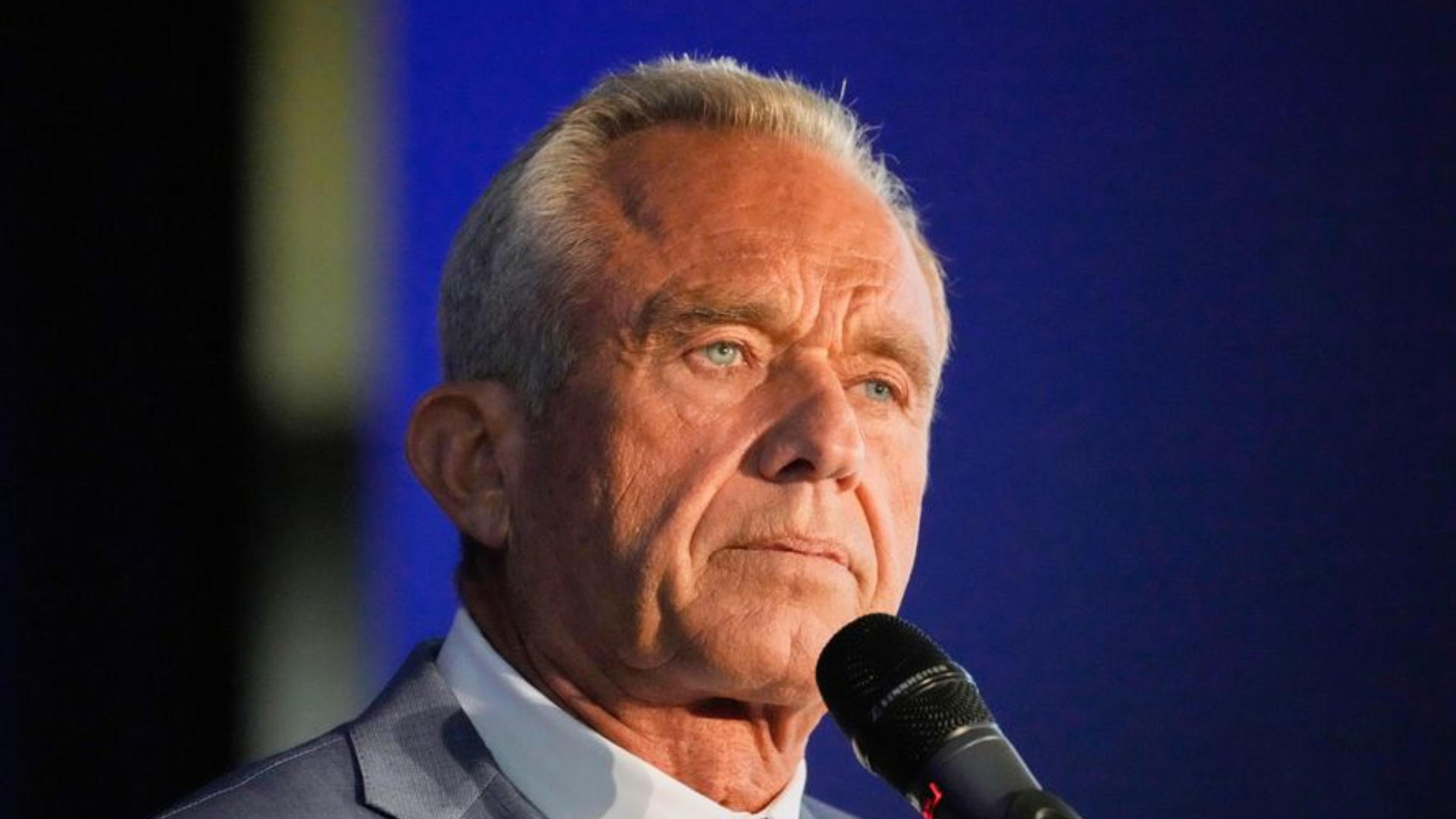OZARK, Ala. — A truck driving preacher charged with killing two Alabama teenagers found shot to death in a car trunk nearly 20 years ago was tied to the killings through a DNA match uncovered with genetic genealogy testing, authorities said Monday.
The analysis linked evidence that sat in a police freezer for years to Coley McCraney, 45, of Dothan, Alabama, police said. The man now faces a potential death penalty in the killings in 1999 of Tracie Hawlett and J.B. Beasley, both 17.
Hawlett’s mother, Carol Roberts, said she went numb when she heard of McCraney’s arrest.
“God gave her to me. He didn’t have the right to do that. I just want to know why,” said Roberts, who wore a button featuring her daughter’s photo at the news conference announcing the arrest.
McCraney, who has own church and preached recently, is cooperating with authorities, said defense attorney David Harrison.
“My heart goes out to the victims’ families,” Harrison said. “It’s a tragedy. We don’t need to make it make three tragedies by convicting him.”
Ozark Police Chief Marlos Walker said he knew McCraney from living in the same city and was surprised when DNA testing linked him to the slayings. He credited science, diligence and divine intervention with the arrest.
“I’m a spiritual guy, so it was all God’s work,” Walker said.
The girls left Dothan the night of July 3, 1999, to attend a party, but never arrived. They were found the next day in the trunk of Beasley’s black Mazda along a road in Ozark, a city of 19,000 people located about 90 miles (145 kilometers) southeast of Montgomery. Each had a gunshot wound to the head.
Sherry Gilland, who lived near a store where the girls were last seen, said the killings changed the community. Afterward, Gilland said, she was afraid to let her own daughter ride her bicycle or walk too far from home.
“It has been a cloud over the town, but now it’s lifted,” she said.
A judge ordered McCraney to submit to DNA testing less than a month after the slayings because a woman filed suit claiming he was the father of her daughter, court documents show. But he failed to submit a sample and was ordered to pay child support.
Last year’s arrest of “Golden State Killer” suspect Joseph DeAngelo in California — in which genealogy testing helped identify the suspect — helped prompt police to send their evidence to Parabon NanoLabs in Reston, Virginia, for DNA analysis, Walker said.
Walker described three rounds of genetic testing that led to McCraney’s arrest. The first gave authorities an unknown suspect and then a genetic genealogy test identified a family. Kinship testing “ultimately narrowed it down to a single person,” Walker said.
District Attorney Kirke Adams said he would seek the death penalty. The multiple capital charges against McCraney include one of killing Beasley during a rape, he said.
A different suspect was previously cleared after his DNA didn’t match semen found on Beasley.
Harris, the defense lawyer, said McCraney is an outstanding community member who is married with children and grandchildren. Aside from preaching, records show he worked as a truck driver for years for several different companies.
The slayings haunted the community for years and Harrison said he was concerned about his client getting a fair trial.
“It’s going to be difficult to find a jury that’s not already aware of the facts,” he said. “I might have to ask that it be moved to another venue to get a fair trial. A lot of emotions are flying.”
Hawlett had two school-age brothers at the time of her death and Roberts said the whole family slept in the same bed for a time after the slayings out of fear. She still remembers her last conversation with her daughter, who called to see if Beasley could spend the night after the party, which was for Beasley’s birthday.
“Last words out of her lips were, ‘mama, I love you,’” said Roberts. “Last words out of my mouth to her were, ‘I love you.’”
Copyright 2019 The Associated Press. All Rights Reserved. This material may not be published, broadcast, rewritten, or redistributed. PHOTO: AP





















